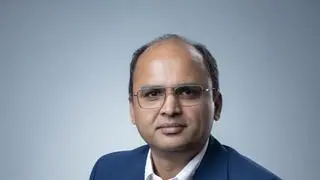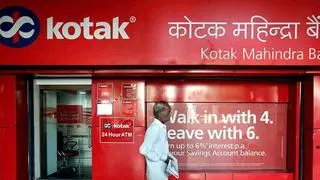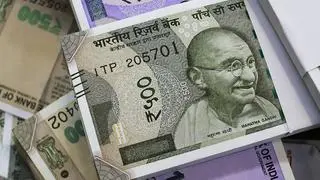Lack of coordination and differences between various regulatory authorities have delayed implementation of the single demat account plan for all financial services. The proposal was first mooted in 2014 by Finance Minister Arun Jaitley to allow consumers access and deal in all financial assets through one account.
However, the proposal has not moved forward even after two years with key regulatory bodies — the RBI, SEBI, IRDA, and PFRDA — differing on the need and the method of putting it in place.
According to industry experts, a key concern with the single demat platform is the fear of having financial data residing on a third-party platform. The RBI, for example, is not in favour of storing data outside a bank’s network. The central bank is, therefore, insisting on addressing issues around confidentiality — especially data storing done by depositories. “We told the RBI that we won’t store the data. Security concerns can always be addressed,” said an official from a depository. The RBI is yet to reply to a query by BusinessLine .
SEBI, on the other hand, has been a strong supporter of dematerialisation. Sources at the securities market regulator said that it is ready to handle the huge volume of data once single demat is introduced. But issues related to full acceptance of dematerialisation in the securities market continue to persist. Jose K Mathew, Head of Retail Business, Federal Bank, said: “A large number of customers continue to invest in mutual funds through physical application which goes through the registrar and transfer agents (RTA-CAMS and Karvy) and not through NSE/ BSE.”
According to RBI data, as on March 2015, there are over 172 crore accounts in addition to crores of insurance policies, pension accounts, and mutual fund folios.
The view of the Insurance Regulatory and Development Authority is different. Dematerialisation, IRDA officials feel, may not be needed in the sector. An insurance customer has to deal with only four types of transactions — get a loan against his policy, surrender the policy, redeem it on maturity, or a claim by the nominee on death of the insured.
“In all these cases, the bank account is more important because the proceeds of the policy will be credited into one. So, why do we need a single demat account?” an IRDA official told BusinessLine .
A senior official from a depository sees a turf issue brewing among the regulators. “IRDA is insisting that the company having the repository of insurance policies should be different from the depository, though both depository and repository essentially do the same job. IRDA calls it an ‘approved person’ and SEBI terms it a ‘depository participant’. It could have been easily solved by making it one more instrument in the demat account,” said the official. (A depository operates through a network of depository participants or DPsm while a repository does so through a network of approved persons.)
In the pension fund sector, there could be issues relating to the small accounts known as NPS Lite/Atal Pension Yojana (APY). Under this scheme, a minimum of ₹1,000 per annum is contributed by individuals but it is aggregated and serviced by entities such as SEWA.
Sandeep Shrikhande, CEO, Kotak Mahindra Pension Fund, says that “in the case of APY, will the depository give the demat account to the individual or to the aggregator? This needs clarification. The ticket size is too small to be brought under the single demat platform.”
When contacted, BS Bhandari, Whole-time Member, PFRDA, said: “PFRDA is not the lead regulator in this activity. We cannot speak to the press on things which are not yet decided."
Way forward
So with all these complexities, can a single demat account be implemented?
According to the depository official, “Worldwide there are two approaches. The single demat account has sub-accounts for each asset class and that sub-account is regulated by the sectoral regulator. Or, the entity which is responsible for the single demat account (for instance, the depository) is regulated by a collegium of all regulators.”








Comments
Comments have to be in English, and in full sentences. They cannot be abusive or personal. Please abide by our community guidelines for posting your comments.
We have migrated to a new commenting platform. If you are already a registered user of TheHindu Businessline and logged in, you may continue to engage with our articles. If you do not have an account please register and login to post comments. Users can access their older comments by logging into their accounts on Vuukle.